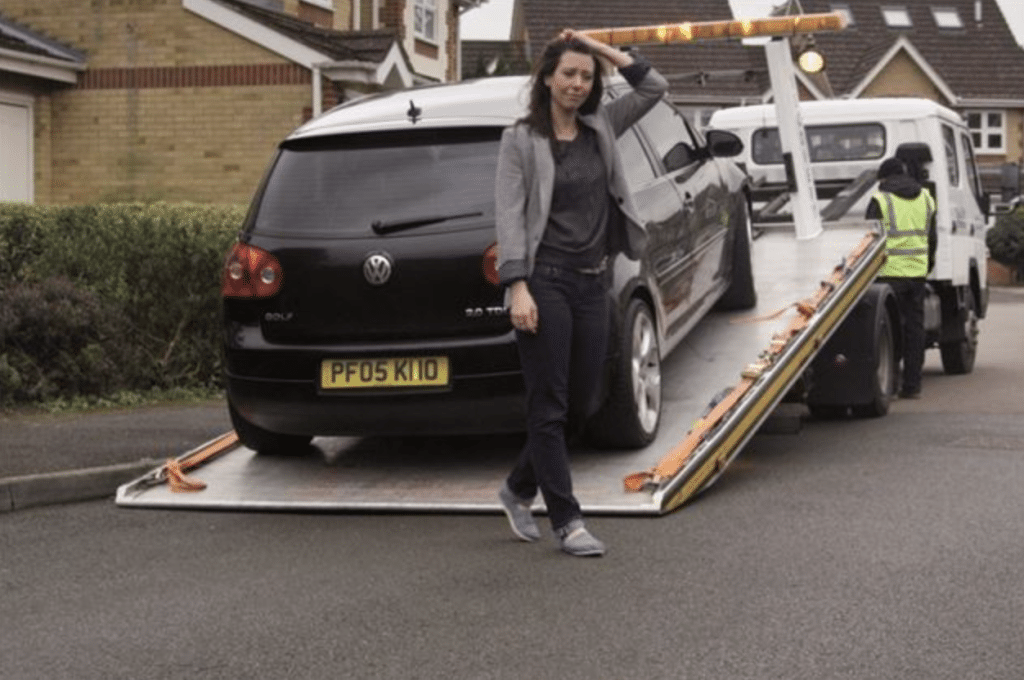When it comes to buying a car, knowing where to start your search is hugely important. And, while there are plenty of excellent ways to check a vehicle’s authenticity (for example, running a car check before handing over money for the vehicle), avoiding the most common scams at the outset is still crucial. Fortunately, we’ve outlined five of the most common current scams and fraud examples to help you avoid these difficult situations.
5 Cases of Car Buying Scams and Fraud You Should Look Out For
Buying a car is an important decision, but if you’ve been unsure what to look out for, the following tips may help you avoid dishonest sales.
#1 Clocked Mileage
One of the most common scams you’ll usually see when looking for a new car is clocked mileage. Indeed, it can come as a surprise to many people that it’s not actually illegal to change a car’s recorded mileage – however, this must be disclosed to any future buyers of the vehicle (and failing to do so is an offence). As such, getting a car history check first can help you determine whether the vehicle’s mileage estimate is likely to be correct.
#2 Stolen Vehicle
Another common scam is when a stolen vehicle is passed off as being a genuine sale. Stolen vehicles are luckily another easy check simply through a number plate check, as this can let you know whether the car has been reported stolen at any point in time.
#3 Forged Documents
Unfortunately, scammers are getting better and better at forging documentation related to a vehicle – and this can leave people accidentally purchasing a car that might not be genuine. Always ask to see documents in person, and try to look for the holographic proof once you see the document.
#4 Past Write-Offs
Depending on the category of a write-off, some cars involved in accidents may not necessarily be road-legal anymore. However, some scammers will go out of their way to mask the problems, and this can mean that people accidentally purchase a written-off car that’s in a non-road-legal category as a regular car.
Don’t chance it; always check the write-off history of the vehicle first. After all, it’s amazing how many problems a well-done repair job can mask.
#5 VIN Cloning
Every vehicle has a unique VIN – however, a growing number of scammers are attempting to trick buyers by cloning a vehicle’s VIN. Replacing a stolen vehicle’s number plate and information can make it much harder for a buyer to check its authenticity.
A simple car check will reveal the VIN and engine number, it’s important to compare this with vehicle before purchasing to confirm the identiy.
Don’t Get Caught Out With a Dodgy Car Purchase!
Today, we’ve looked at some of the most common car buying scams and fraud cases; however, criminals are always coming up with new ways to trick people into parting with their money.
So, before you purchase a car, always run a car history check to make sure there are no glaring inconsistencies. Even if you trust the seller wholeheartedly, doing so can help you make sure they haven’t been mis-sold in the first place – and if the seller is dodgy, doing so can help you “dodge a bullet” as it were.
